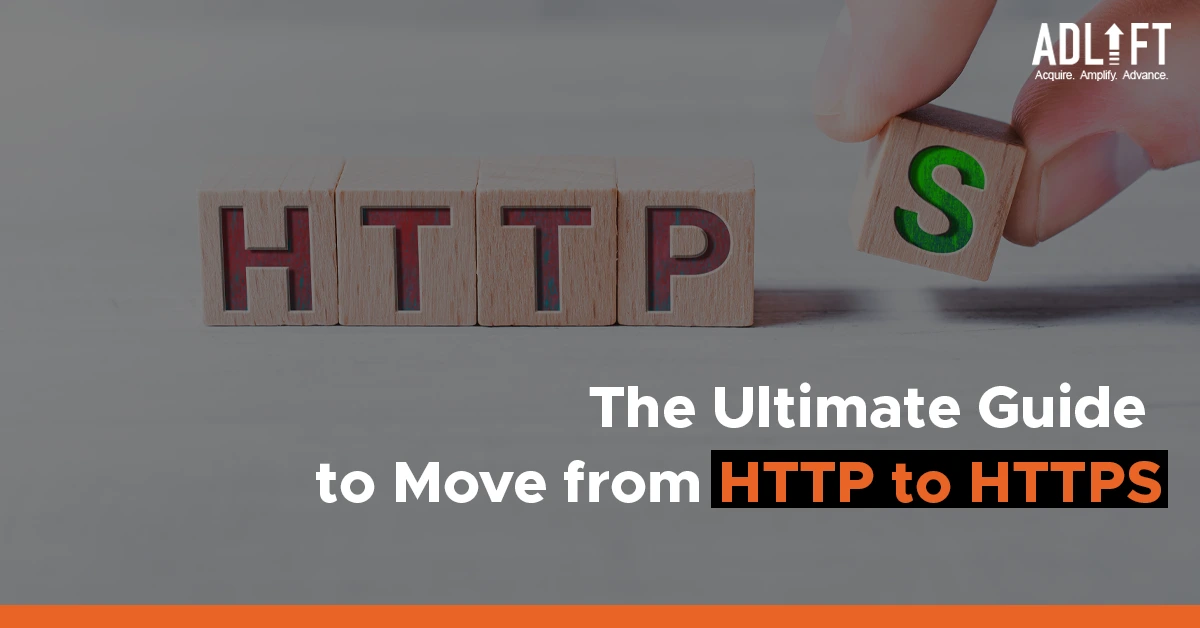From HTTP to HTTPS: A Smooth and Secure Transition

In the digital age, online data security is a paramount concern. As we navigate the vast landscape of the internet, the protocols governing our online exchanges play a vital role in maintaining our safety. One such transition that has been highly significant is shifting from HTTP (HyperText Transfer Protocol) to HTTPS (HyperText Transfer Protocol Secure).
The “S” in HTTPS is for “Secure,” It ensures that the communication between your browser and the website is encrypted. This post will instruct you how to convert HTTP to HTTPS free of charge, ensuring a smooth and secure transition.
Understanding The Method To Convert HTTP to HTTPS
There are three steps involved that you need to understand how to convert from HTTP to HTTPS involve:
Obtaining a Secure Sockets Layer (SSL) certificate- To start, you must acquire an SSL certificate. An SSL certificate is a text file with encrypted information installed on your server. It allows you to secure communications between your site and your users.
You can obtain an SSL certificate from a Certificate Authority (CA). There are many SSL certificates, but a standard Domain Validation (DV) SSL certificate will suffice for most website owners.
Installing and configuring it on your server- After acquiring an SSL certificate, the next step in the guide on how to convert HTTP to HTTPS free of cost involves installing and configuring it on your server. This process can be technical, but your web host or server documentation should provide clear instructions.
Once the SSL certificate is installed, your website can provide HTTPS connections. However, you’re not finished yet, as your website might still default to HTTP.
Updating your site to use HTTPS- Therefore, the next step is updating your site to use HTTPS. This involves changing the settings on your server to redirect HTTP traffic to HTTPS.
If you’re utilizing a content management system (CMS), you’ll likely find this option in your dashboard. Alternatively, you could add a piece of code to your .htaccess file, instructing the server to redirect all incoming traffic to the HTTPS version of your site.
Benefits of converting from HTTP to HTTPS
Now, you may wonder why learning how to convert from HTTP to HTTPS is essential. The answer lies in the heightened security that HTTPS provides.
- HTTPS encrypts the data transferred between the user and the site, ensuring no one can tamper with this data.
- This is particularly important if your website handles user data such as credit card numbers, personal data, or login credentials.
- Search engines like Google have begun prioritizing websites that use HTTPS in their ranking algorithm.
So, teaching yourself how to convert HTTP to HTTPS free of cost could improve your SEO performance. Despite the benefits, monitoring your site closely after the transition is crucial. Check for ‘mixed content’ errors, where HTTPS pages still contain links to HTTP content. Update any absolute URLs in your site’s code, plugins, or database to use HTTPS. Also, update your website’s address in any SEO tools or analytics software you use.
Conclusion
Learning to convert from HTTP to HTTPS is necessary for today’s internet landscape. It provides an additional layer of security, protecting your site’s visitors from potential data breaches and improving your site’s SEO. Remember to obtain an SSL certificate, install and configure it on your server, update your site to HTTPS, and monitor it closely after the transition. These steps will guide you on how to convert from HTTP to HTTPS, ensuring a smooth and secure transition. Embrace the “S” in HTTPS—it’s your badge of security in a digital world.

